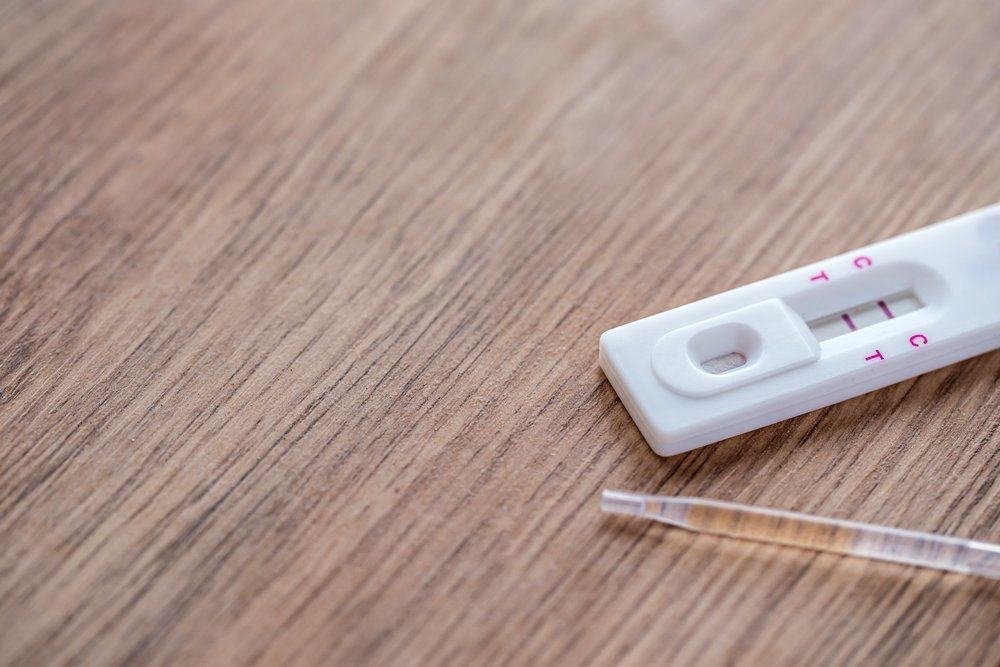Contents:
- Medical Video: Your Brain On Coffee
- Coffee effect on cognitive function
- The effect of caffeine on cognitive function seems to increase with age
- Conclusion
Medical Video: Your Brain On Coffee
Caffeine is one of the ingredients in coffee. Coffee is the favorite drink of many people who have become a habit. From getting up in the morning to wanting to go to sleep, many people are looking for coffee to accompany their activities. Coffee is believed to be able to make people "literate", so he can finish his assignments until late at night.
This drink saves benefits and also bad effects on health. Not only that, coffee also has an impact on cognitive function.
Coffee effect on cognitive function
Human cognitive function is increasingly diminishing with age. Starting at age 60, human cognitive function has begun to decline. Research even shows that cognitive function has begun to decline since the age of 45 years. However, the level and timing of the decline in cognitive function vary greatly between individuals.
Decreased cognitive function is strongly influenced by lifestyle, diseases (especially blood-related diseases), genetic or hereditary factors, oxidative stress, and inflammation. Thus, this decline in cognitive function can be prevented or slowed down. One thing that might slow the decline in cognitive function is caffeine. The effect of caffeine on cognitive function can be attributed to the impact of caffeine on alertness, especially when the situation is less alert. Many studies have linked the effects of caffeine to cognitive functions related to alertness.
A study by the French National Institute for Health and Medical Research showed that coffee consumption of at least 3 cups per day or about 300 mg of caffeine per day was associated with a slowdown in cognitive decline in women. The study also shows that caffeine can help maintain mental abilities and memory sharper over a longer period of time in older people.
Many studies have shown that caffeine can prevent a decrease in cognitive function in healthy people, but the results of this study are still different. Some studies show that this benefit only works for women, or there are also those that show that this benefit can work in older people, and others show age does not affect this effect.
The effect of caffeine on cognitive function seems to increase with age
Two studies in the elderly and adults show that caffeine increases attention span, psychomotor performance, and cognitive function. Parents seem more sensitive to the effects of caffeine protection on decreasing mental performance over time than younger people.
In younger people (18-37 years), caffeine has been shown to improve performance when there is a disruption in doing tasks, rather than during easy tasks. Unlike older people (60-75 years), caffeine can improve performance while working on more difficult tasks that require ongoing attention. In fact, older people are usually more difficult to improve their performance while doing difficult tasks, than younger people.
The effect of coffee on cognitive function that is more effective in older people may be because older people have more coffee consumption habits than younger people. A study in the United Kingdom of 9003 adults showed an association between increased cognitive performance and higher coffee consumption. Parents seem to be more vulnerable to the effects of coffee performance improvement than younger people.
Other studies have also linked coffee consumption habits to these cognitive effects. The study, published by the Journal of Alzheimer's Disease, links coffee consumption habits with incidents mild cognitive impairment (MCI) or mild cognitive impairment. Research involving 1445 people aged 65-84 this year showed that participants who had the habit of consuming as much as 1 or 2 cups of coffee per day had a lower risk of experiencing MCI than those who had never or rarely consumed coffee.
This study concluded that the effect of coffee on the risk of mild cognitive impairment is influenced by how coffee consumption habits change every time. MCI is a decrease in cognitive abilities (including the ability to remember and think). This is one of the factors that can trigger Alzheimer's disease or dementia.
Conclusion
From the explanation above, it can be concluded that coffee has a protective effect on decreased cognitive function, especially in older people. However, it should be noted how much your coffee consumption habits every day. Remember, even though coffee has a beneficial effect on you in terms of cognitive and work performance, but excessive coffee consumption can also increase your risk of experiencing various diseases, such as insomnia, muscle tremors, stomach disorders, faster heartbeat, and so on. Either way, limit your consumption of coffee every day to no more than 3 cups of coffee per day.
READ ALSO
- 7 Ways to Overcome Sleepiness Without Coffee
- Is it true that drinking coffee prevents diabetes?
- How Can Coffee Affect Your Sleep?












